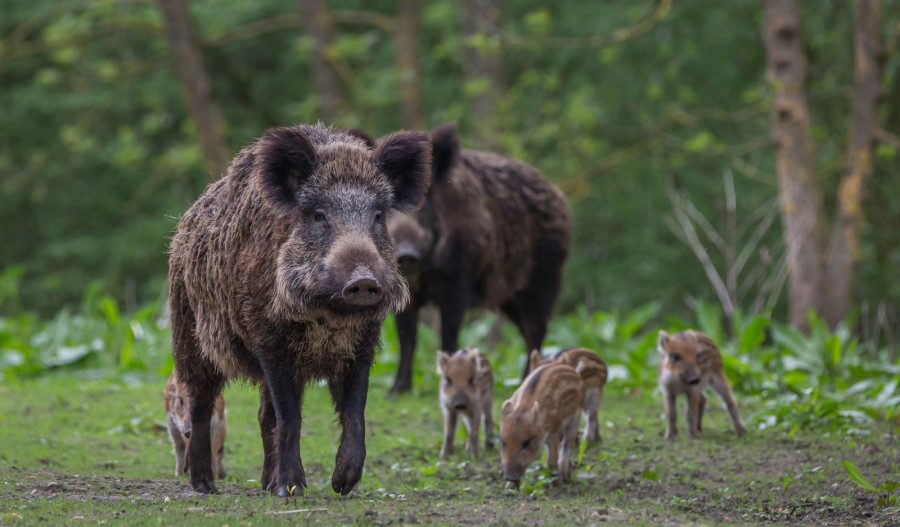SOURCE: The Kathmandu Post
DATE: January 9, 2021
SNIP: People buying groceries, electronic gadgets, dresses and books online has become common these days with the availability of the internet and social media.
But the internet has also become a place for trade in illegal items, including wild animals, their body parts and meat. Several pages and groups on Facebook have been found to be actively involved in such a trade.
According to wildlife conservationists, traders are using social media sites to sell various mammals, reptiles, and birds. This is a worrying trend, they say.
“Traders are using several pages and groups on social media to sell wild animals’ meat,” said Raju Acharya, a wildlife conservationist. “That such trade is going on shows that protected species are being hunted and captured illegally.”
According to Acharya, the most commonly traded species killed for their meat are wild boars, kalij pheasants, barking deer, red junglefowl, and monkeys.
“Most of the animals are traded online for their meat,” said Acharya, also the executive director of Friends of Nature Nepal, a youth-led non-governmental organisation working in the field of environment and wildlife conservation. “If this is happening in broad daylight on social media, we can infer that efforts by concerned authorities to control poaching of wild animals have not been adequate.”
Even a cursory search on Facebook, reveals several posts and pages that provide details on how one can buy wild animals for consumption or to keep as pets.
Chiranjeevi Khanal, another wildlife conservationist, who closely follows such trade on social media, said birds like parrots are the most common ones to be sold on social media.
“We can also see many posts on wild boar meat. However, no one knows for sure whether the meat on offer is of a wild boar,” said Khanal. “Species like tortoise are also being sold in such groups.”
According to Khanal, generally, youths are found to be involved in such activities.
“I have even found a pangolin on sale. And, I have also captured a photo of an elongated tortoise, an endangered species being sold through social media.”
The trade in wildlife parts may be taking place easily and in the open, but such practices are against the law, officials say.
Nepal’s wildlife conservation law does not allow the killing or injuring, selling, or buying and selling of wild animals and their parts, except under official permission.
Haribhadra Acharya, spokesperson for the Department of National Park and Wildlife Conservation, said that as per the National Park Wildlife Conservation Act, 1973, no one can kill or injure, or even sell a wild animal.
“The department keeps getting complaints that people are taking to social media to sell wild animals and their parts. Even last fiscal year, we issued a notice after there were reports that wild animals were being sold on social media for their meat,” said Acharya. “Most of the time, such incidents are happening because the members of the public are unaware of the consequences of their actions.”
However, according to conservationists, such practices are going on unabated in different parts of the country, even in Kathmandu.
The fifth amendment to the National Park and Wildlife Conservation Rules introduced a provision to grant permission to a person or entity for commercial farming and reproduction of various wild mammals, reptiles, and amphibians. But the law hasn’t been implemented.

